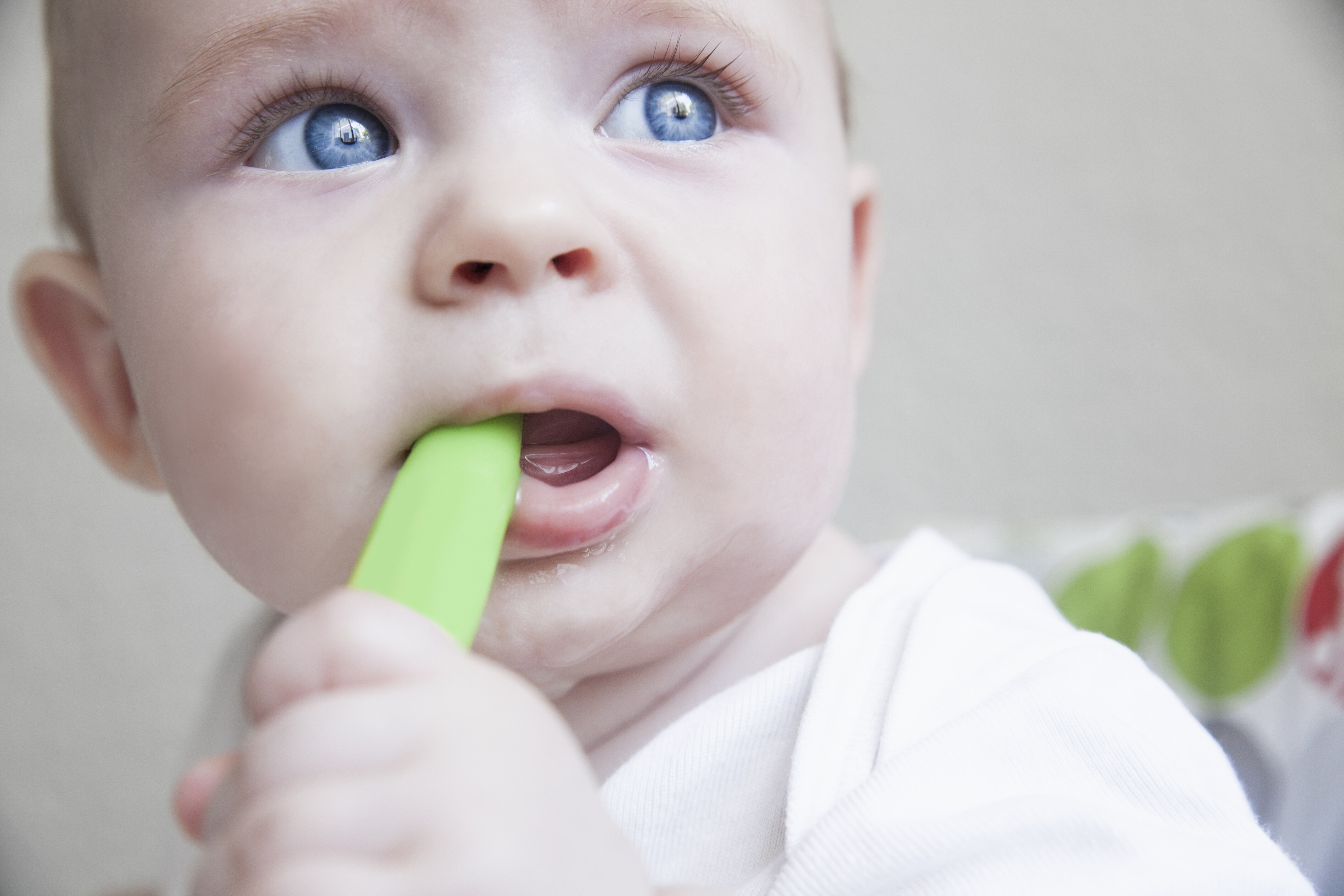10 Common Reasons Your Baby Is Crying — And What New Parents Can Do About It
9. Teething: The Inevitable Milestone

Teething is a natural process that can cause considerable discomfort for babies, leading to increased crying. As teeth begin to emerge, the pressure on the gums can be painful and unsettling. Parents may notice increased drooling, gum swelling, and a tendency for the baby to chew on objects. Providing teething toys or a cold washcloth for the baby to chew on can help alleviate discomfort. Massaging the baby's gums with a clean finger can also provide relief. While teething is a temporary phase, understanding and addressing the associated discomfort can help parents support their baby through this milestone with minimal distress.
10. Emotional Needs: The Need for Connection

Beyond physical needs, babies have emotional needs that, when unmet, can lead to crying. Infants require love, attention, and a sense of security to thrive. Holding, cuddling, and speaking softly to the baby can provide the reassurance they need. Skin-to-skin contact is particularly beneficial for fostering a strong emotional bond. Responding promptly to a crying baby, rather than letting them "cry it out," helps build trust and emotional security. By recognizing and nurturing their baby's emotional needs, parents can reduce crying episodes and strengthen the parent-child bond, laying the foundation for a healthy emotional development.
